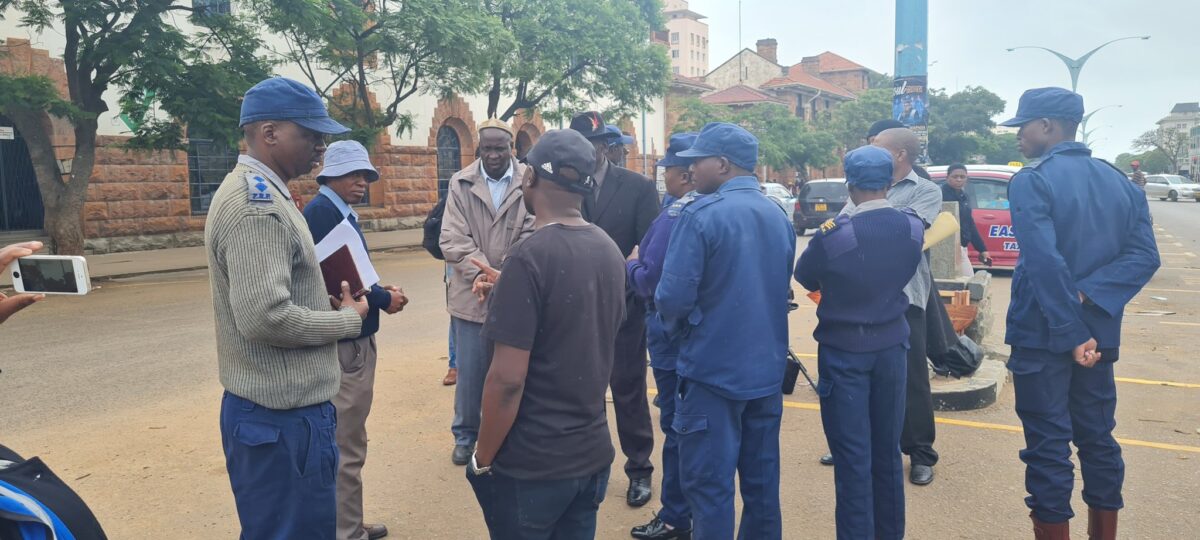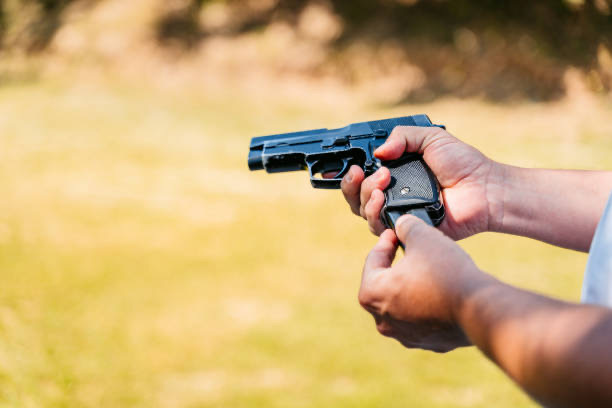BULAWAYO – Police in Bulawayo have broken a march organised Thursday by local pressure group Ibhetshu Likazulu to commemorate the massacre of an estimated 20,000 civilians by government forces in the early 1980s.
According to media reports from Bulawayo, three activists were arrested during the foiled commemorations.
They are Ibhetshu LikaZulu’s vice chairperson, Thamsanqa Ncube and member, Melusi ‘Coltart’ Nyathi, and Samukeliso Tshuma, leader of The Girls Table organisation.
Narrating the incident Thursday, Ibhetshu Likazulu secretary general Mbuso Fuzwayo said some passers-by were also harassed by police during the incident.
“As an organisation, we were intending to march in memory of those who survived and those who were killed, raped but the government of Zimbabwe through the Zimbabwe Republic Police stopped us and sadly a lot of people who were passing by and those within the vicinity of the Joshua Nkomo statue were harassed,” Fuzwayo said.
Activists had intended to start off their march from the iconic Joshua Mqabuko Nkomo Statue in the Bulawayo CBD to Stanley Hall in Makokoba.
The firebrand pressure group has, in the years, timed its Gukurahundi commemorations for Unity Day, celebrated every December 22.
Unity Day was declared when the late Nkomo and late President Robert Mugabe’s rival parties merged in what ended the Gukurahundi massacres waged by the country’s security forces against civilians who were presumed to be sympathetic to Nkomo’s PF Zapu.
Gukurahundi, as it is commonly known, was an operation that was carried out by Mugabe’s government ostensibly to track down former ZIPRA combatants who deserted Zimbabwe’s integrated military with weapons in protest over lack of equal treatment with those who waged the war under Mugabe’s ZANLA.
The dissidents were viewed sympathetic to Nkomo, who led the then opposition ZAPU and its military wing, ZIPRA during the 1970s liberation war.
The massacres in Matabeleland and Midlands provinces targeted Nkomo’s strongest political base in the two provinces with a majority ethnic Ndebeles killed in the military crackdown.
According to independent estimates, 20,000 civilians died in the hands of the Zimbabwe military during the dark period.
















